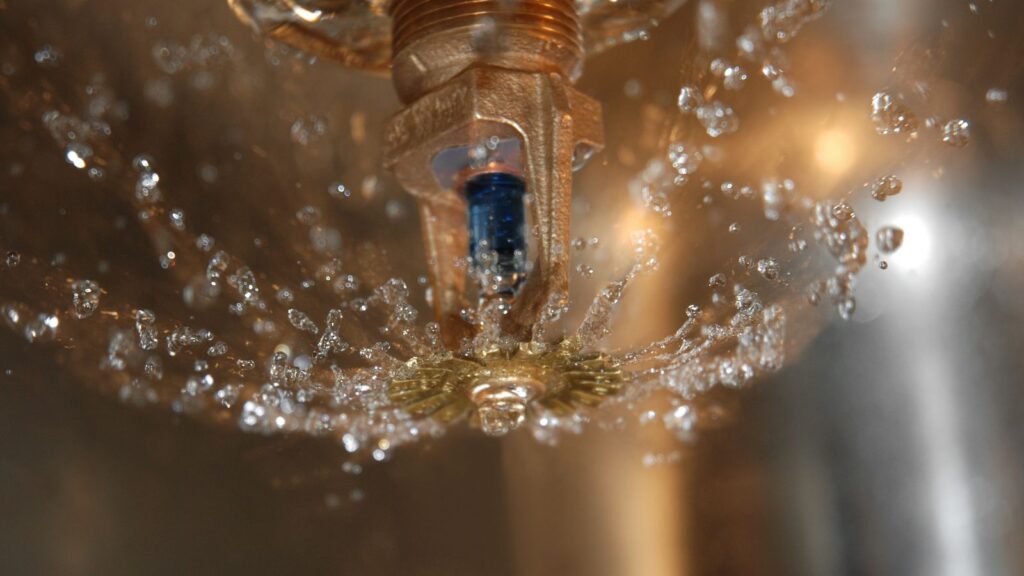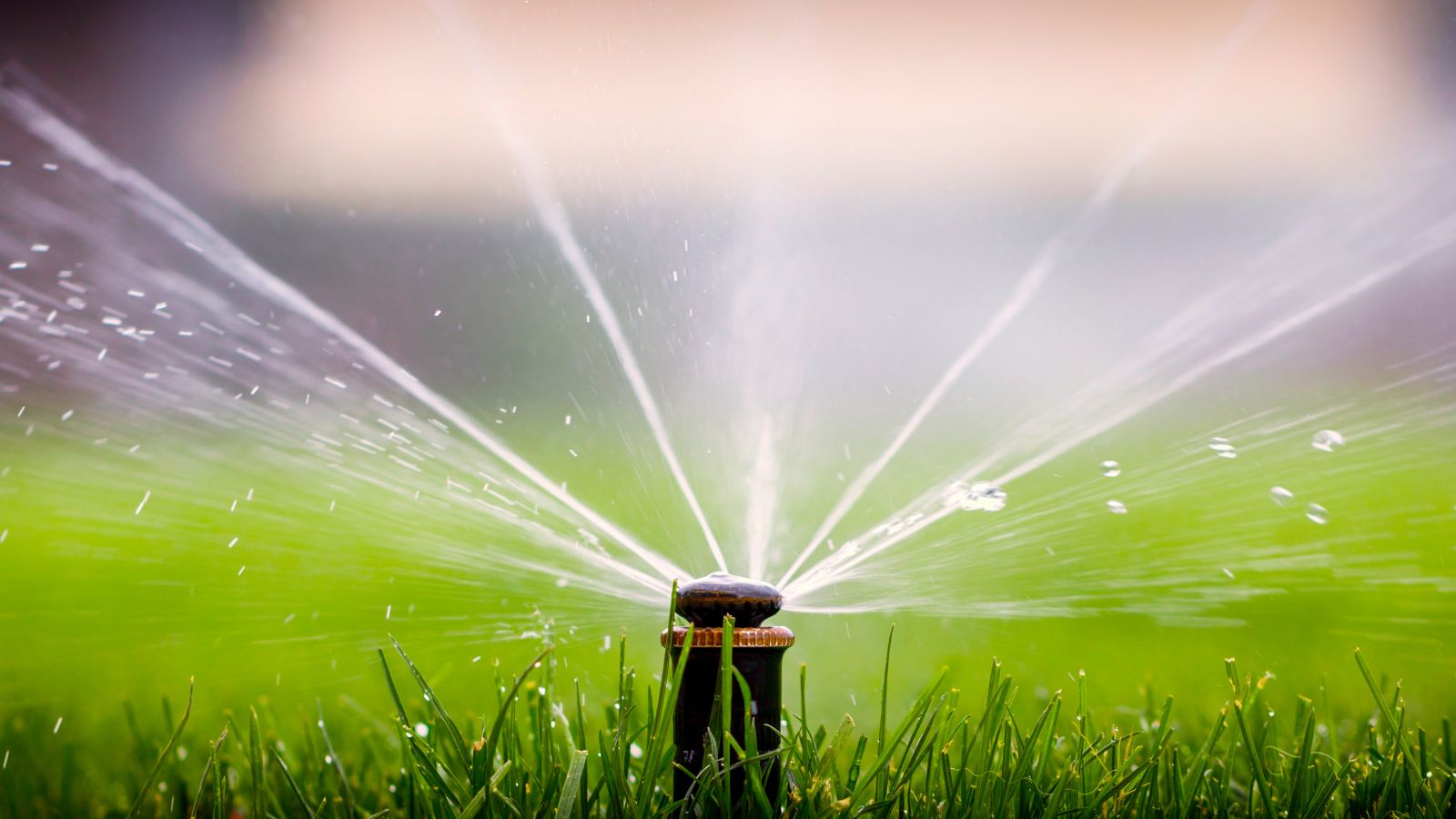Homeownership comes with a lot of responsibilities, and one of the most important is being prepared for emergencies. From natural disasters like hurricanes and earthquakes to home-related issues like plumbing failures or fire damage, unexpected events can strike at any time. Knowing how to handle these situations can make all the difference in minimizing damage and stress.
It’s crucial to have a plan in place for when things go wrong. Whether it’s learning how to shut off your water supply to prevent flooding or understanding what to do in case of electrical failure, preparation is key. For instance, if you face water damage caused by a sprinkler malfunction, knowing how to handle NYC sprinkler water damage can save your property from further harm.
Being proactive and having the right tools, knowledge, and contacts in place will give you peace of mind. When disaster strikes, it’s important to stay calm, act quickly, and know who to call for help.
Install Safety Devices
Installing safety devices in your home is an essential step in protecting your family and property. Smoke detectors, carbon monoxide alarms, and fire extinguishers are basic devices that should be in every home. These devices alert you to potential hazards and give you time to respond before they cause serious harm.
In addition to these essentials, consider adding smart home technology like water leak sensors or security systems to increase safety. For example, a water leak detection system can help prevent severe water damage, especially in areas like the basement or kitchen.
In case of emergency water damage, such as flooding from broken pipes, knowing where to turn off the water supply and having access to Emergency Water Damage in New York City services can help minimize the damage. These proactive measures can save you from expensive repairs and provide peace of mind.
Create an Emergency Plan
Creating an emergency plan is one of the most important steps you can take to ensure the safety of your family in case of disaster. A well-thought-out plan helps everyone know exactly what to do during an emergency, reducing panic and confusion.
Start by establishing clear evacuation routes from each room of your house and a designated meeting point outside. Make sure all family members know how to reach it in case of evacuation.
Next, create a list of emergency contacts, including local authorities, healthcare providers, and trusted neighbors. Practice your plan regularly so that everyone is familiar with it. Being prepared and knowing what to do in an emergency can make all the difference when time is critical.
Emergency Kit Preparation
Having an emergency kit prepared is essential for any homeowner. It ensures you have the necessary supplies on hand to handle unexpected situations like power outages, natural disasters, or medical emergencies.
Start by packing basic items such as non-perishable food, water, a first-aid kit, flashlights, batteries, and important documents. Don’t forget to include necessary medications and hygiene products. Tailor the kit to the specific needs of your household, including children, pets, or elderly family members.
Store your emergency kit in an easily accessible location, such as a closet or basement, so that everyone knows where it is. Regularly check and update the contents to ensure that items are still in good condition and not expired. Being prepared with an emergency kit can provide peace of mind in times of crisis.
Know Your Insurance Coverage
Understanding your insurance coverage is a vital step in preparing for emergencies. Homeowners’ insurance can help protect you from financial loss in the event of disasters, such as fires, floods, or theft. However, not all types of damage are covered, so it’s important to know exactly what your policy includes.
Review your insurance policy regularly to ensure it meets your needs. This includes checking coverage limits, deductibles, and any exclusions that may apply to your property. If you live in an area prone to certain risks, such as flooding, consider additional coverage.
Make sure you also know how to file a claim and keep a record of valuable items in your home for easy documentation. Knowing your coverage gives you confidence that you’re protected when disaster strikes.



More Stories
Signs You Need Professional Mold Removal in Toronto Now
How Simple Interest Loans Can Help Cover Emergency Home Repairs
The One Piece That Can Make a Small Apartment Feel Like Home